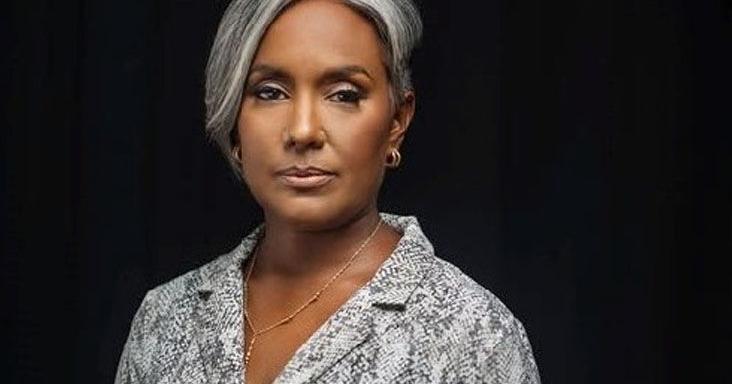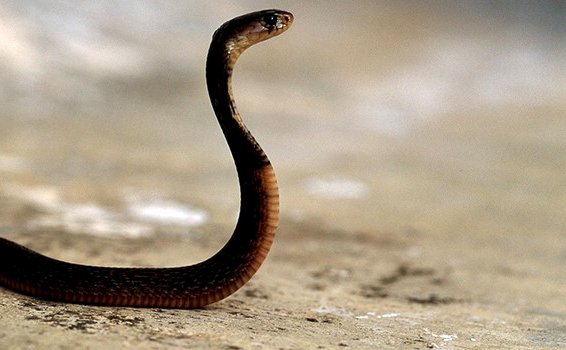
Trinidad and Tobago’s import cover has fallen to its lowest level since the Central Bank began recording such data, economist Marla Dukharan has warned.
According to data published by the Central Bank, T&T’s Net Official Reserves (NOR) stood at US$4.6 billion at the end of August, representing just 6.6 months of import cover.
Dukharan described Net Official Reserves as a critical metric that outlines the foreign exchange available to defend the Trinidad and Tobago dollar and to pay for the country’s import bill and all government foreign obligations.
She said this is a level that has not been seen since mid-2006, when our economy and population were smaller, and our import cover was over nine months—which is considered a healthy figure.
“We have seen our Net Official Reserves decline…almost uninterrupted over the past decade. We are in a position now where our entire Reserves position is completely borrowed, which means it has to be repaid, with interest, in USD, in the future—a burden our children and grandchildren will have to carry,” she stated,
Last Friday, the Central Bank of Trinidad and Tobago corrected a reporting error on its official data that showed the country’s Gross Foreign Assets at their lowest level in two decades.
Instead, the Central Bank clarified that the country’s Gross Foreign Assets had actually risen in June, the latest reporting period.
Gross Foreign Assets include the foreign holdings of commercial banks, the Central Bank, and the Central Government.
Initially, the Central Bank’s website stated that, as of June 30, 2025, this country’s Gross Foreign Assets stood at US$4,879.5 million, a figure that would have represented a 49% drop in one month and the lowest level recorded since 2005.
The Express contacted the Central Bank to seek clarification on the sharp decline.
In response, the bank explained that the figure was the result of a reporting error on its website.
The website has since been updated to reflect the correct value for June 2025.
“As at June 30, 2025, Gross Foreign Assets stood at US$9,784.1 million, an increase from US$9,588.4 million reported at the end of May 2025. The increase was largely driven by an expansion in the foreign assets of commercial banks,” the Central Bank stated.
“We sincerely apologise for the reporting error,” it added.
While Gross Foreign Assets rose in June, the country’s Net Official Reserves fell to US$4,904.5 million, marking the lowest level since 2006.
The Net Official Reserves further declined to US$4,806.7 million at the end of July, representing 6.9 months of import cover, and then dropped again to US$4,610.2 million, or 6.6 months of import cover, by the end of August.
When former finance minister Colm Imbert presented the national budget last September, this country had 7.7 months of import cover.
“Notwithstanding these fiscal deficits, our external fiscal buffers remain healthy and strong. As of today, September 30, 2024, our gross official reserves stand at US$5.5 billion or 7.7 months of import cover and the Heritage and Stabilisation Fund stands at an impressive US$6.1 billion, despite substantial withdrawals during the COVID-19 period and afterwards, totalling more than US$1 billion, confirming the prudent management of the Fund,” he stated.
Prime Minister Kamla Persad-Bissessar last week stated that her Government’s first national budget would be presented in early October.
She, however, did not give a specific date.
Persad-Bissessar also said the 2025/2026 budget would carry a deficit—an indication, she said, of the economic challenges inherited from the former administration.
Persad-Bissessar warned that the economy’s condition limits the Government’s ability to adjust fiscal policy.
“We’ve inherited a lot of borrowings as well. I don’t think we can have a balanced budget, so we may have expenditure outpacing revenues, and so we would have to find creative ways to supplement those revenues. So, in other words, there will be a deficit, and we will have to find ways to finance the deficit,” Persad-Bissessar said.
She acknowledged the tough choices ahead, but emphasised that her Government was focused on safeguarding the most vulnerable and preparing the economy for recovery.
“I’ve been in the Parliament long enough; many of you have been around. There are creative ways of financing deficits, and we will utilise the tools that are available in terms of financing the deficit we expect to find. It may not be as bad as you think,” she added.



